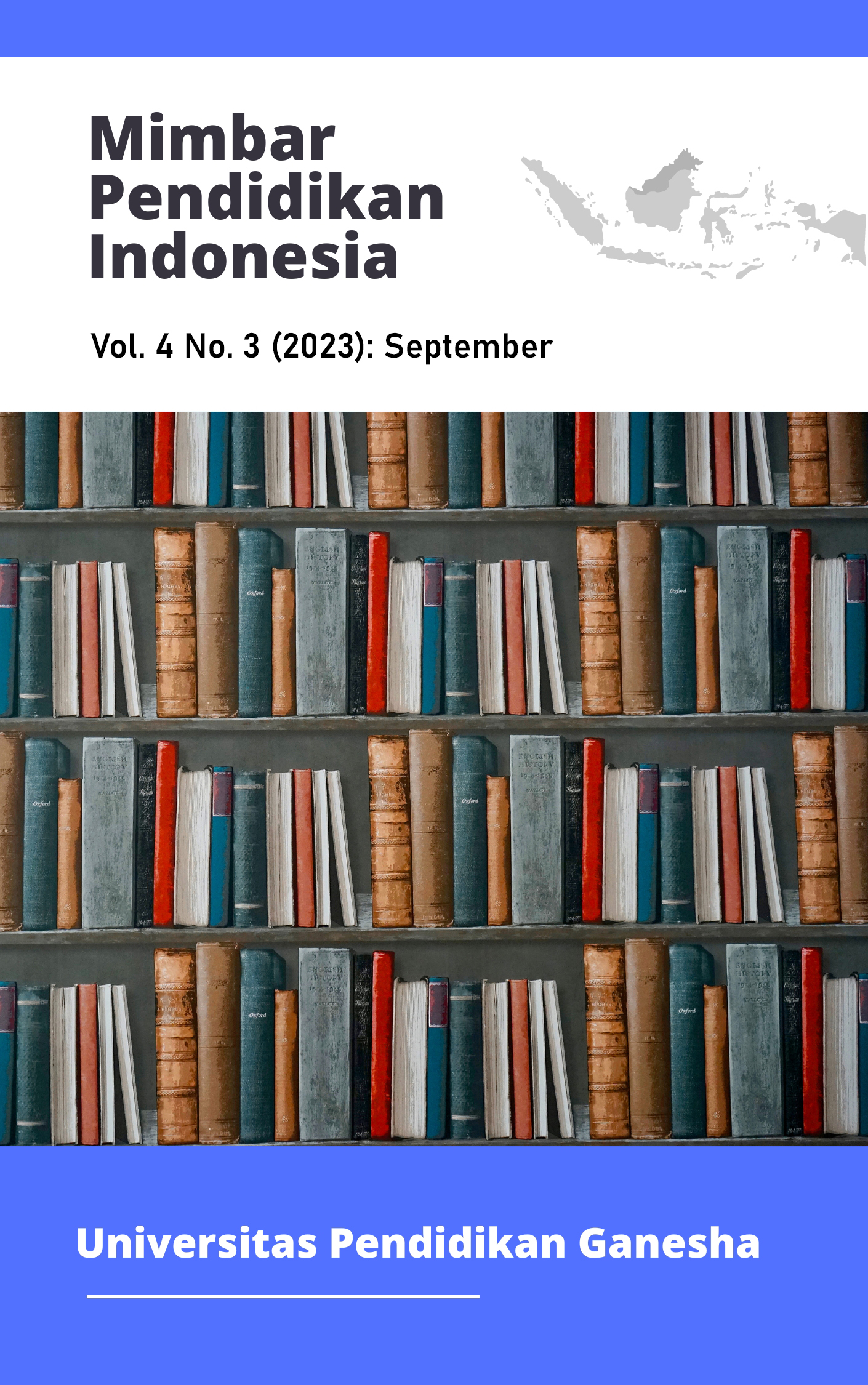The Supervisory Impact of School Principals on Instructional Excellence
Keywords:
Instructional Excellence, Supervisory Impact, School Principals, Behavioural TheorAbstract
The role of school principals in promoting instructional excellence is crucial for the overall success and development of educational institutions. The paper explores the supervisory impact of school principals on instructional excellence. It highlights the importance of effective supervision in improving teaching practices, enhancing student learning outcomes and fostering a positive school climate. The paper also discusses the key factors that contribute to effective supervision, including leadership skills and communication strategies for principals. Additionally, it emphasizes the need for collaborative efforts between principals, teachers and other stakeholders to create a supportive and conducive environment for instructional excellence. By addressing the challenges they face and implementing the suggested solutions, principals can create an environment that supports high-quality instruction.
References
Adeoye, M.A (2022). Advanced Supervision in Educational Management: Differences Between Supervision, Accreditation, Inspection, Collaboration, Evaluation and Quality Assurance. ASEAN Journal of Educational Research and Technology 1(2), 169-176
Adesina, B. (2001). Basic principles of supervision. New York. American Book.
Agu, E.M. (2002). Instructional supervision practices of secondary school principals in Abia state: Unpublished M.ED Thesis University of Nigeria, Nsukka.
Anuna, M.C. (2004). Educational supervision from Nigeria’s perspective. Owerri: International Universities Press Limited.
Crlickman, D. (1998). Supervision of instruction: A development approach. Newtos: Ally and Balon Press.
DuFour, R. and Eaker, R. (2008). Revisiting professional learning communities at work: New insights for improving schools. Solution Tree Press.
Ezeocha, P.A. (1990). Modern supervision. Owerri: International University Press.
Hallinger, P. (2018). Instructional Leadership and School Improvement: Learning from Singapore's Success. Journal of Educational Administration, 56(1), 2-15.
Leithwood, K. and Riehl, C. (2005). What we know about successful school leadership. The Wallace Foundation.
Marks, H.M. and Printy, S.M. (2003). Principal leadership and school performance: An integration of transformational and instructional leadership. Education Administration Quarterly, 39(3), 370-397.
Mbonu, F.O. (2004). Theories of Supervision. (Ed.) Anuma, M.C. Educational supervision. The Nigeria experience, Owerri: International University Press Limited.
Mgbodile, T.O. (2004). Fundamentals in educational administration and planning, Enugu: Magnet Business Enterprises.
Moorer, A.N. (2000). An introduction to the foundations of education, Ibadan Macmillan Nigeria Publishing Ltd.
Ogbonnaya, N. (2005). Fundamentals in educational administration and planning. Mgbodile, T.O. (Ed). Enugu” Magnet Business Enterprises Press.
Olawole, O.O. (2009). Influence of supervision of instruction on the teachers’ classroom performance in Ijebu-North Education zone of Ogun state. Unpublished M.Ed thesis, Department of Educational Foundations, University of Nigeria, Nsukka.
Osungboye, D. (2001). Instructional and personal supervision in schools. Ed. Ijaduloa, K.O. Reflections on school organization and management. Lagos: Fortunate Books
Publishers.
Published
How to Cite
Issue
Section
License
Copyright (c) 2023 Moses Adeleke Adeoye, Olaolu Paul Akinnubi, Oyeronke Christiana Paramole

This work is licensed under a Creative Commons Attribution-ShareAlike 4.0 International License.









